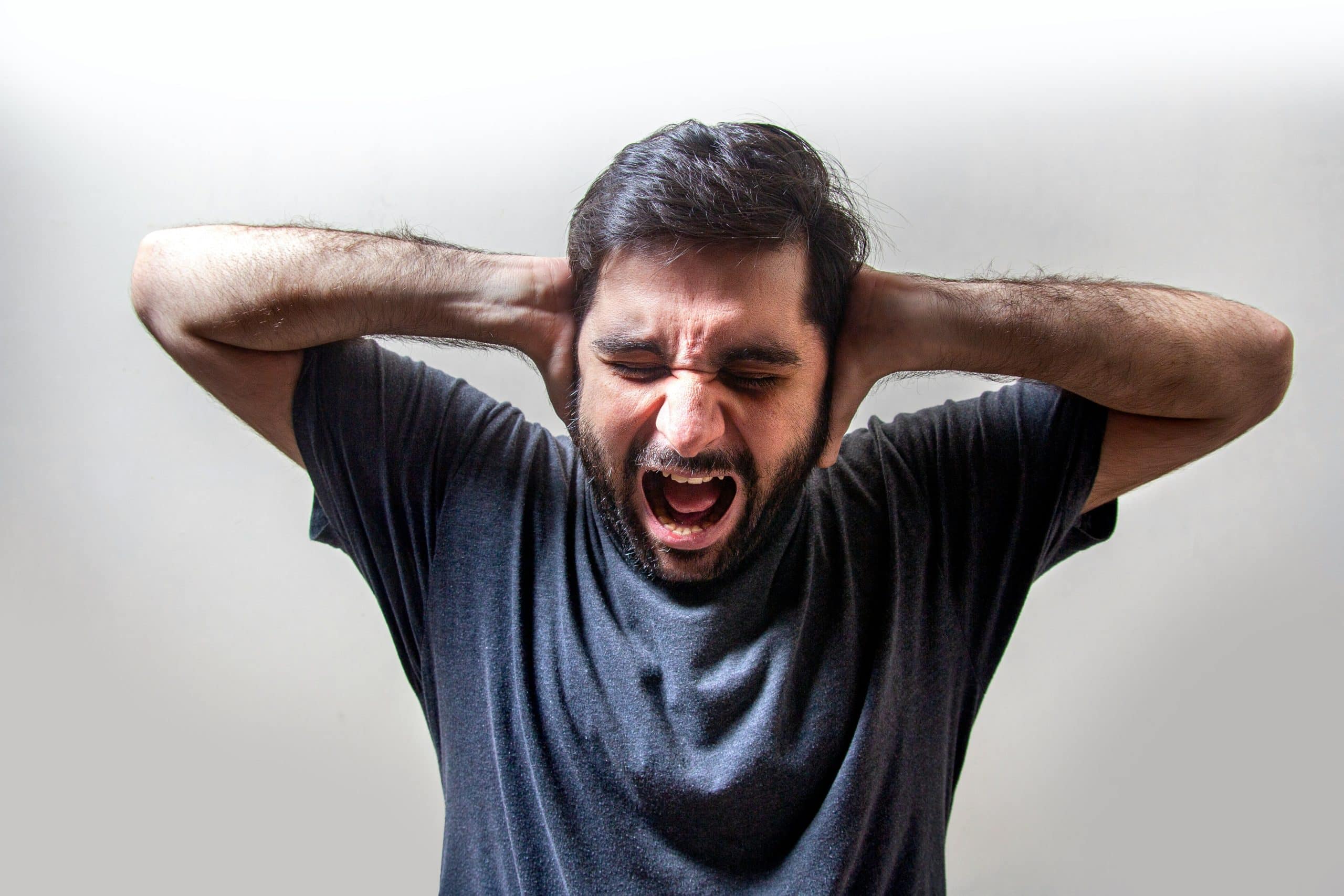What Are the Best Techniques to Manage Anxiety in Bipolar Disorder?

Bipolar disorder, a condition long associated with drastic emotional oscillations, unearths an array of unique challenges for the individuals it affects. Anxiety, often a companion to bipolar, can intensify these challenges, making everyday life more taxing than it should be. When you’re managing bipolar disorder, anxiety can seem like a daunting obstacle to overcome. However, understanding how these conditions interact and knowing the available treatment strategies can provide a foundation for managing anxiety effectively. In this article, we’ll delve into the symptoms, therapies, and medications tailored towards alleviating anxiety in bipolar disorder, providing you with the essential knowledge to maintain optimum mental health.
Understanding Bipolar Disorder and Anxiety
Before diving into the strategies to manage anxiety in bipolar disorder, it’s vital to comprehend these conditions in a broader context. Bipolar disorder is characterized by alternating periods of elation and depression, typically known as manic and depressive episodes. Anxiety, on the other hand, induces persistent feelings of unease, worry, and fear. When these disorders co-occur, patients often find their mood fluctuations amplified, making it essential to seek out effective treatment techniques.
A lire également : How to Enhance Cognitive Function in Dementia Patients?
Anxiety in people with bipolar disorder is common. Various studies suggest that approximately half of those with bipolar disorder also struggle with an anxiety disorder. Anxiety can exacerbate the symptoms of bipolar disorder, complicating the treatment process and making it more difficult for patients to manage their mood swings. It can also lead to a higher risk of substance use disorders and suicide.
Recognizing Anxiety Symptoms in Bipolar Disorder
Being able to identify anxiety symptoms is a critical first step in managing anxiety in bipolar disorder. Anxiety manifests in various ways, and it can either be a generalized feeling of worry or a specific phobia. Symptoms can range from persistent worrying, restlessness, agitation, to physical symptoms such as heart palpitations, sweating, and trembling. These symptoms can often overlap with those of bipolar disorder, making it challenging to distinguish between the two. Therefore, individuals with bipolar disorder should seek professional help for a comprehensive assessment and diagnosis.
A voir aussi : What Are the Best Strategies to Prevent Asthma Attacks?
During manic episodes, individuals may experience feelings of invincibility, while depressive episodes can plunge them into feelings of worthlessness. When anxiety is intermixed with these episodes, it can exacerbate their intensity and duration. Thus, recognizing the intricate interplay of symptoms between bipolar disorder and anxiety can facilitate the implementation of effective treatment strategies.
Therapeutic Approaches to Managing Anxiety in Bipolar Disorder
Therapy plays a crucial role in treating anxiety in people with bipolar disorder. Cognitive Behavioral Therapy (CBT), a common therapeutic approach, involves changing negative thinking patterns and behaviors that contribute to anxiety. CBT helps patients understand how their thoughts impact their feelings and subsequently, their actions. When paired with strategies for managing bipolar disorder, CBT can be instrumental in reducing anxiety and improving overall mental health.
Psychoeducation, another therapeutic approach, involves teaching patients about their disorders to help them manage their symptoms more effectively. Through psychoeducation, individuals with bipolar disorder can learn about the physiological and psychological aspects of their condition, equipping them with knowledge to better manage their symptoms.
Medications for Managing Anxiety in Bipolar Disorder
In some cases, medications can be beneficial for managing anxiety in bipolar disorder. A variety of drugs, including mood stabilizers, antipsychotics, and antidepressants, might be prescribed. However, it’s crucial to note that not every medication is suitable for every patient. Therefore, physicians typically tailor medication regimens to the individual’s specific needs, symptoms, and overall health.
Mood stabilizers, such as lithium or valproate, can help manage the manic and depressive episodes associated with bipolar disorder. At the same time, certain antipsychotics can also help with anxiety and extreme mood swings. In contrast, antidepressants can help manage the depressive symptoms of bipolar disorder but must be used with caution as they can sometimes trigger manic episodes.
Medications should be used in conjunction with therapy for the best results. It’s also crucial to communicate openly with your healthcare provider about any side effects or concerns. Understanding the role of medication in managing anxiety in bipolar disorder can help individuals make informed decisions about their health.
The Role of Lifestyle Changes in Managing Anxiety in Bipolar Disorder
In addition to therapy and medication, lifestyle changes can significantly impact managing anxiety in bipolar disorder. Regular exercise, a balanced diet, adequate sleep, and stress management techniques such as mindfulness and relaxation exercises can help in managing symptoms.
Physical activity can help reduce anxiety by boosting the production of endorphins, chemicals in the brain that act as natural painkillers and mood elevators. A balanced diet rich in fruits, vegetables, lean proteins, and whole grains can also contribute to better mental health. Adequate sleep is crucial as sleep deprivation can exacerbate symptoms of both anxiety and bipolar disorder.
Stress management techniques, such as mindfulness and relaxation exercises, can also help individuals manage their anxiety. Mindfulness involves staying focused on the present moment, while relaxation exercises can include deep breathing, yoga, or meditation.
Remember, managing anxiety in bipolar disorder is not a straightforward process. It requires a combination of therapy, medication, lifestyle changes, and most importantly, patience and resilience. By understanding the intricate relationship between anxiety and bipolar disorder, and the available treatment techniques, you’re well-equipped to navigate your path towards better mental health.
Role of Mindfulness in Managing Anxiety in Bipolar Disorder
The practice of mindfulness has been shown to be extremely beneficial in managing anxiety in bipolar disorder. Mindfulness, which essentially involves staying present and fully engaged in the current moment, helps individuals to maintain a sense of calm and balance. This can be particularly helpful for individuals with bipolar disorder, as it can help to alleviate feelings of unease and worry often associated with anxiety disorders.
Mindfulness-based cognitive therapy (MBCT) is a commonly used therapeutic approach that combines mindfulness techniques with cognitive behavioral therapy. MBCT helps patients to better understand their thoughts and feelings, and helps them to develop healthier ways of responding to them. For individuals with bipolar disorder, MBCT can help to manage the intensity of mood episodes and reduce anxiety symptoms.
Mindfulness can be practiced in various ways, such as through meditation, deep breathing exercises, or even simply by maintaining awareness of one’s surroundings and internal experiences. It’s important to remember that practicing mindfulness is a skill that can be cultivated over time, and patience is key.
Regular mindfulness practice can lead to significant benefits, including reduced anxiety, improved mood stability, and enhanced quality of life. When combined with other treatment strategies such as therapy and medication, mindfulness can be a powerful tool in managing anxiety in bipolar disorder.
Conclusion: Optimizing Mental Health in Bipolar Disorder and Anxiety
Understanding the elaborate interplay between bipolar disorder and anxiety is crucial for managing these conditions effectively. Anxiety in people with bipolar disorder can exacerbate the intensity of mood episodes and make everyday life more difficult. However, with a thorough understanding of these conditions and the available treatment strategies, it’s possible to maintain optimum mental health.
Treatments such as cognitive behavioral therapy, psychoeducation, and medications like mood stabilizers, antipsychotics, and antidepressants, can be used to manage symptoms. However, these interventions should be tailored to individual needs and used in conjunction with other strategies like lifestyle changes and mindfulness practices.
Incorporating healthy habits such as regular physical activity, balanced diet, adequate sleep, and stress management techniques can significantly improve the symptoms of both bipolar disorder and anxiety. Mindfulness, in particular, has been shown to reduce anxiety and improve mood stability, making it an invaluable tool for individuals with bipolar disorder.
Remember that managing anxiety in bipolar disorder is not a one-size-fits-all process. It requires a combination of therapeutic strategies, lifestyle changes, patience, and resilience. If you or a loved one are struggling with bipolar disorder and anxiety, reach out to a mental health professional. With the right guidance and support, the journey to better mental health is achievable.
